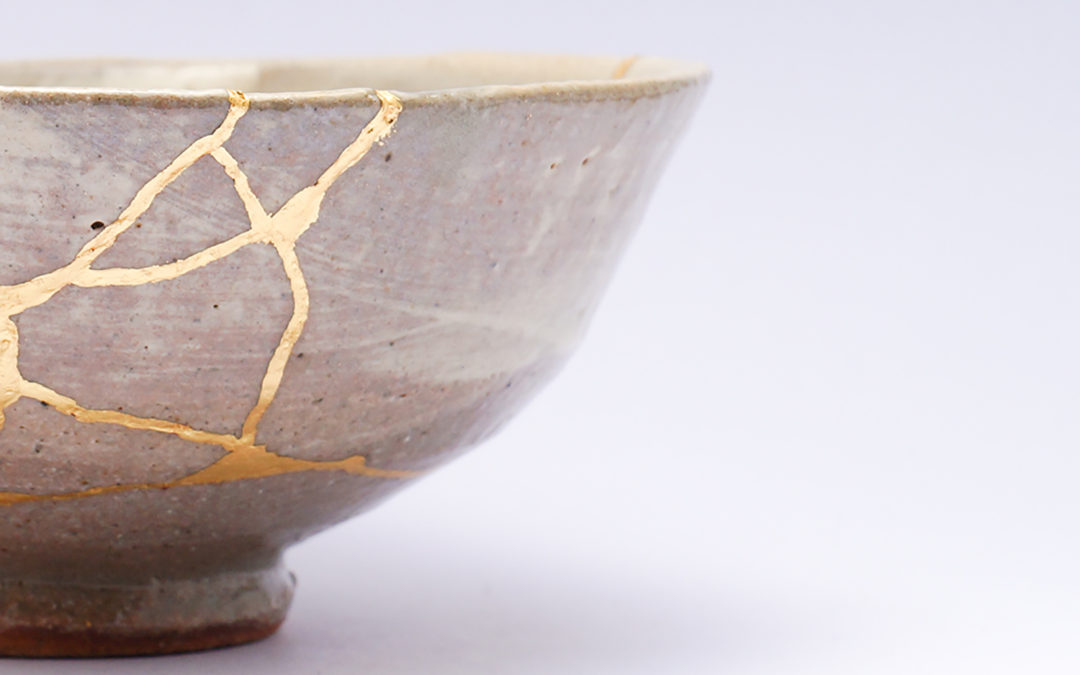Can I bear the burden of racism any more than I already do?
By Tuhina Verma Rasche
I currently find myself swimming in seas of whiteness, which leads to my conflicted feelings about confession and forgiveness. I serve as an ordained minister of Word and Sacrament within statistically the whitest denomination in the United States.
As a leader of color within this denomination, many of my sermons, writings and lectures focus on the sin of racism and naming outright this demon: white supremacy. I talk about racism and whiteness a lot—sometimes enough to cause unease within my own spirit and being.
This work drains me—requiring me to defend not just my call, but my actual existence within this church. It is difficult being “that person” who always talks about race because she is the angry brown woman. But this work also needs to be done, especially within the church body that I call home.
I have received many a confession concerning the sin of racism within this white denomination in a nation founded on protecting white supremacy.
Confession and forgiveness are incredibly important for us as Lutherans. We are all sinners, part of a shattered humanity looking to be reconciled to God and to one another. As an ordained minister, I have been charged with providing comfort to the weary and burdened soul, charged by the bishop who ordained me to care for God’s people, bear their burdens and give and receive comfort as I serve within the church.
But can I bear the burden of white people’s racism any more than I already do? Can I give absolution? Should I even be the person within the diverse body of Christ to receive such confessions? And then after confession, I struggle with what should come from forgiveness: reconciliation.
Reconciliation is a word that has been used against oppressed populations throughout history.
When oppressors seek “forgiveness,” this translates to “Get over it, we apologized, why are you still bothered by what happened?”
I am bothered by what a shattered humanity deems as reconciliation and forgiveness. It pales in comparison with the expansive, unfathomable reconciliation and forgiveness that come about when God reconciles the world to God’s self, that time of a new heaven and a new earth, when the lion lies down with the lamb, knowing they are in full relationship with one another.
I TOO AM COMPLICIT
I too have a multitude of sins I need to confess. These sins place an incredible burden not just on my heart, but also on my relationship with God and with my neighbor created in God’s holy image. I know that I have sinned against oppressed populations.
When I seek forgiveness, I also have questioned my own intentions. Is this a confession to be fully restored in right, yet completely altered, relationship with God and my neighbor? Or is this a confession where I take that heavy burden and place it upon someone who is already burdened with the oppressions that society places upon them? ….
The Rev. Tuhina Verma Rasche, a second-generation Indian-American woman, believes narratives are integral to building relationships.
This excerpt, based on an original post, appears in the May/June 2022 issue.



Knowing the God who created us is also a forgiving God. it seems to me that there are times when feeling burdened that we have to also forgive ourselves.
I myself am burdened by being called a white supreme ist or privileged as if it was my choice to be created into the white human race.
The place where I grew up only had white people and native Americans. In fact my first name was after a lovely 10 year old girl who was half native American with red curls. I was privileged to meet her when she was about 65.
It seems suddenly that the USA and the Church are labeling white people as racists while all other colors are elevated and we being white are against them. as a church gathered TOGETHER we need to do a lot of praying over what is happening in America and for this Church.
Jesus must be weeping at what He sees happening to the church and all those created by God who loved us so much he sacrificed His son….Jesus is our Forgiver.